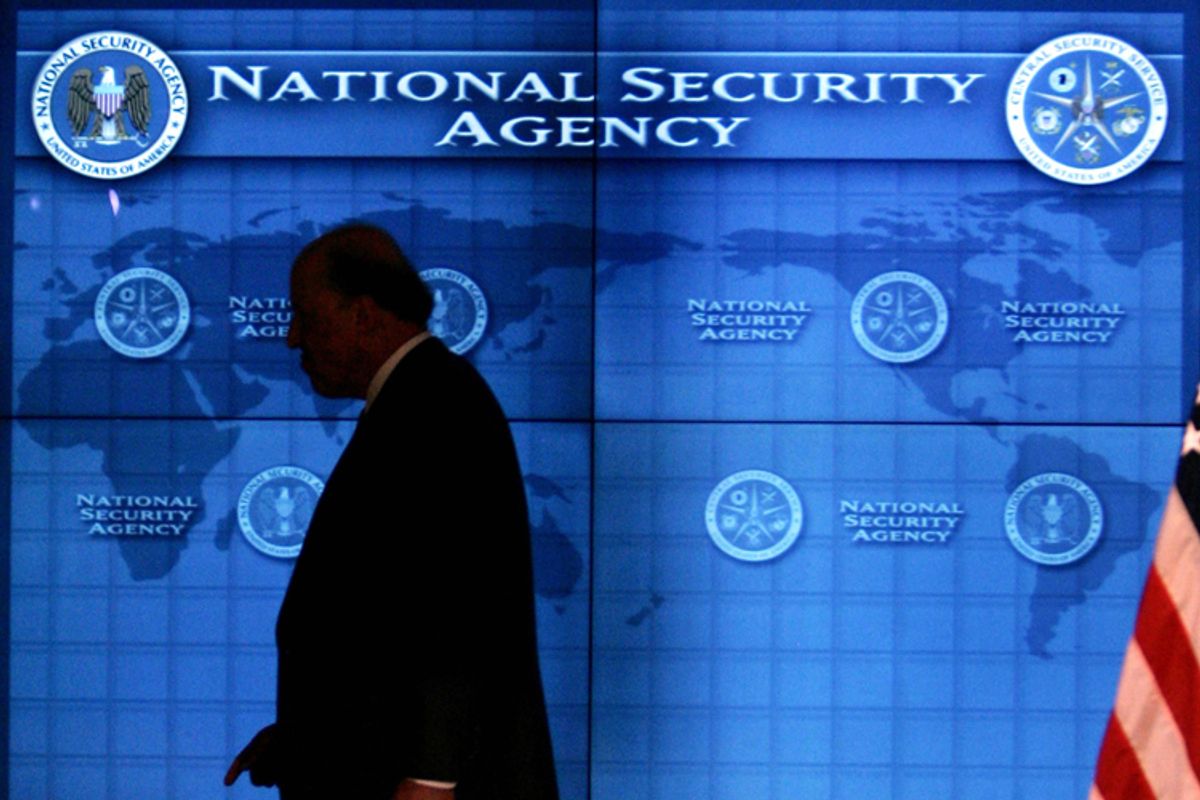According to the latest leaks from whistle-blower Edward Snowden's document trove, the National Security Agency has been spying on Chinese telecoms network, Huawei, via secret backdoors.
The U.S. government is spying on the communications of Chinese telecom giant executives. In the context of the simmering cyberwars at play for some years between the U.S. and China -- primarily based around jockeying for corporate advantages -- the latest NSA should come as no surprise. Indeed, it seems a revelation of little more than the bread and butter of international espionage. Without in any way endorsing the NSA's surveillance of Huawei -- an undiplomatic act to say the least -- I would nonetheless urge that we take care about which NSA leaks garner our focus and outrage.
There is a risk, I believe, in the lumping together of NSA revelations as they've trickled into public view over the last ten months. Different issues are at stake with the different stories brought to light. As with revelations about spying on foreign ally leaders like Germany's Angela Merkel, the latest leak about U.S. spying on Chinese industry raises questions of diplomacy-as-theatre and reveals how real politics are carried out: consistently secretively and reliably in the interest of capital. Meanwhile, revelations about dragnet surveillance of our every communications datum raise different points. Namely, that we live in an epoch where we are all always-already considered potential threats by our government.
Furthermore, we must recognize that revelations about mass surveillance illustrate the operations of contemporary techniques of government: The denial of privacy demands conformity and, therefore, mass surveillance is at base a control apparatus. And then there are the revelations about Silicon Valley's involvement and recent attempts by tech giants like Google and Facebook (pillars of the surveillance state) to save face with weak gestures towards transparency. Consider, too, the Snowden leaks that shed further light on how U.S. spy agencies purposefully weakened the very integrity and security of the Internet to enable surveillance -- such revelations were a forceful reminder to maintain a healthy distrust of government operations with tools of purported freedom, as the Internet had long been pitched.
The NSA and our paranoid post-9/11 national security state sit at the center of every one of these revelations. But not all these stories have deserved equal shock and outrage. For Snowden's leaks (and the risks he and his allies have taken to publish them) to really matter, we must be vigilant about what civil liberties and geopolitical issues underpin these revelations. Amorphous outrage about the fact of surveillance will not serve; what matters is concern about what is at stake.



Shares